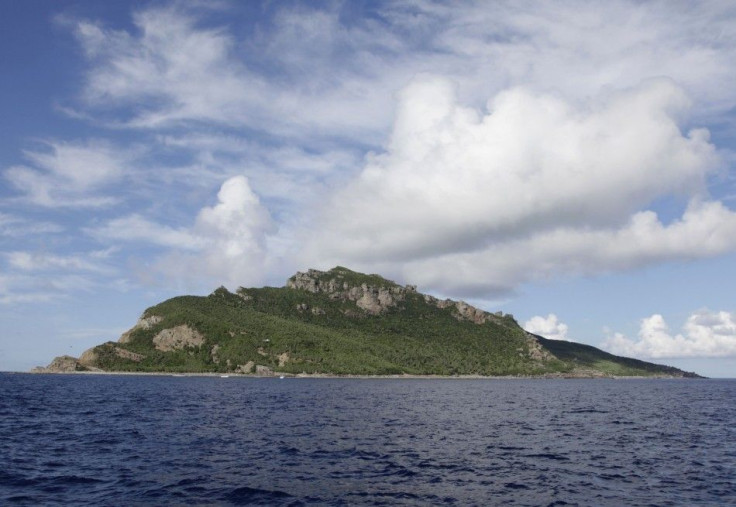China Says Countries Reading ‘Too Much’ Into Map On Passports Issue

China said Wednesday that other countries should not read too much into the placement of a new map on its passports that show Beijing staking its claim on the entire South China Sea, Taiwan and the regions of contention between India and China.
The statement came a day after the U.S. said it would raise concerns with Beijing over the issue that has caused “tension and anxiety” among Taiwan, India and the nations that claim parts of the South China Sea.
"The aim of China's new electronic passports is to strengthen its technological abilities and make it convenient for Chinese citizens to enter or leave the country," China’s Foreign Ministry spokesman Hong Lei told a daily news briefing, Reuters reported.
"The issue of the maps in China's new passports should not be read too much into. China is willing to remain in touch with relevant countries and promote the healthy development of the exchange of people between China and the outside world," Hong said.
U.S. State Department spokeswoman Victoria Nuland told a news briefing Tuesday that countries were free to decide what their passports looked like and the U.S. would still accept the Chinese one as a legal document.
However, she added: "That's a different matter than whether it's politically smart or helpful to be taking steps that antagonize countries."
“We do have concerns about this map which is causing tension and anxiety between and among the states in the South China Sea. We do intend to raise this with the Chinese in terms of it not being helpful to the environment. We all seek to resolve these issues,” she said, adding that the U.S. had voluntarily decided to take up the issue and was not approached by members of the Association of South East Asian Nations (ASEAN).
An outline of China printed in the upper-left corner of the newly issued passports includes Taiwan, regions of India-China border dispute — Arunachal Pradesh and Aksai Chin in Jammu and Kashmir— and the whole of the South China Sea, parts of which are claimed by the Philippines, Vietnam, Taiwan, Brunei and Malaysia.
The Philippine Foreign Affairs Department issued a statement Thursday saying that it would no longer stamp its visas on Chinese passports with the offending map and would stamp it on a separate visa application form instead.
The statement said that this decision was taken to avoid the Philippines being misconstrued as legitimizing the boundaries on the Chinese document and to reinforce Manila’s protest against Beijing’s claim over almost the entire South China Sea including the West Philippine Sea.
Earlier, Vietnam had decided to issue separate visa sheets to new Chinese passport holders instead of stamping inside the pages.
It was reported that India had also calibrated an action of stamping its own official map on the visas to Chinese nationals who carried the "offending" passports.
© Copyright IBTimes 2024. All rights reserved.






















